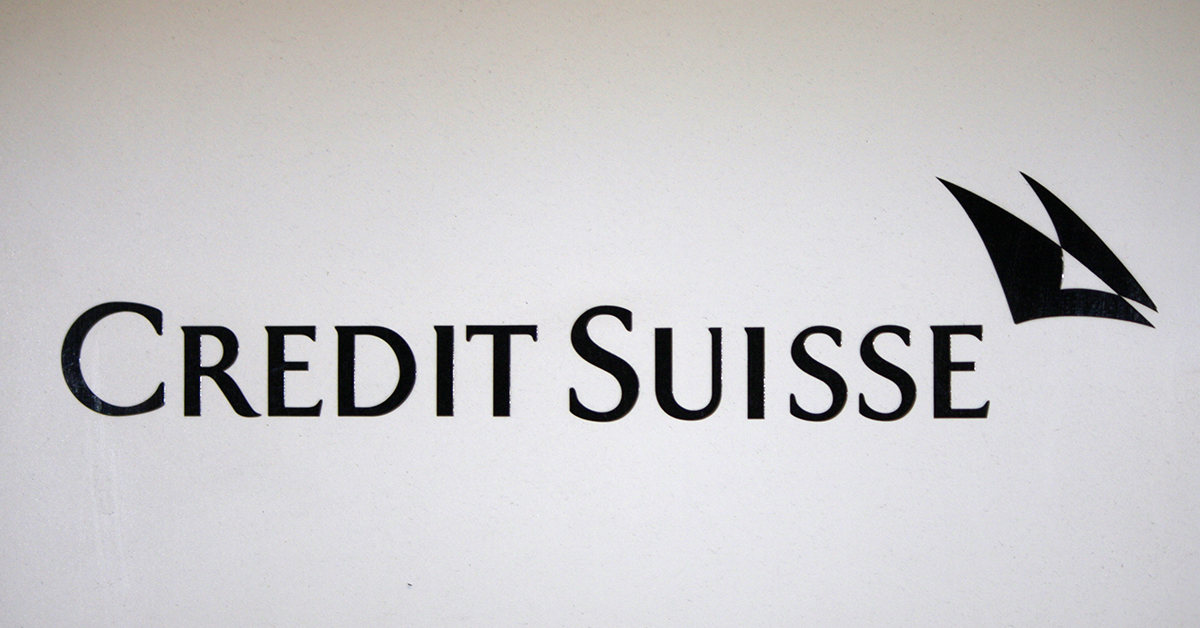To reassure markets, Credit Suisse is undertaking a radical restructuring.

Once-fabled Credit Suisse came close to what Wall Street calls a “Lehman Brothers moment” in early October. With its share price plunging and credit spreads at record highs, chief executive Ulrich Körner had to step in and reassure markets that the bank retained a solid capital base and good liquidity.
The panic came after dismal financial results and reputation-damaging scandals: internal spying, losing $5.5 billion when Archegos Capital blew up and potentially $10 billion of client funds it had invested in Greensill Capital. The bank posted a $4.2 billion loss in the third quarter.
As a result, the Swiss bank is pushing through a radical internal restructuring backed mainly by Gulf investors. It plans to downsize or sell off parts of its capital-intensive investment bank and refocus on its strengths in private banking and asset management, particularly in growth markets like Asia-Pacific and the Middle East.
The new top team of Körner and chairman Axel Lehmann have already announced major elements of the downsizing. Credit Suisse is selling much of its profitable but capital-intensive New York–based securitized products group to private-equity firm Apollo for an undisclosed sum.
It is also spinning off part of its investment bank, now rebranded as CS First Boston, led by former Citigroup deal-maker Michael Klein, whose boutique advisory firm will merge with the new entity. Concerns about possible conflicts of interest have already been raised.
Some 9,000 jobs will be cut over the next two years, representing approximately 17% of Credit Suisse’s total workforce. The process has already started with senior staff across Asia, with most executives in investment banking and financing. The bank anticipates around $4.3 billion in restructuring charges through 2025.
The resurrection of Credit Suisse is being funded by a $4 billion capital-raising exercise currently underway. A new investor, Saudi National Bank—majority-owned by the country’s sovereign wealth fund—has pledged 1.5 billion Swiss francs (about $1.6 billion) for a 9.9% stake. Existing shareholder Qatar Investment Authority also indicated it plans to raise its 5% stake. How that affects existing clients’ relationship with what was once perceived as a quintessentially Swiss bank remains to be seen.
Since early October, some wealthy clients have taken fright and withdrawn up to $65 billion, or nearly 10% of total assets under management. The Swiss bank forecasts a $1.6 billion loss in the final quarter of the year.



